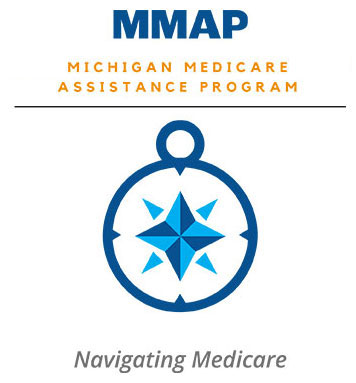Since 2010, 9.4 million people with Medicare have saved over $15 billion on prescription drugs and 39 million Medicare beneficiaries received preventive services with no cost sharing in 2014.
The Department of Health and Human Services released today new information that shows that millions of seniors and people with disabilities with Medicare continued to enjoy prescription drug savings and improved benefits in 2014 as a result of the Affordable Care Act.
Since the enactment of the Affordable Care Act, 9.4 million seniors and people with disabilities have saved over $15 billion on prescription drugs, an average of $1,598 per beneficiary. In 2014 alone, nearly 5.1 million seniors and people with disabilities saved $4.8 billion or an average of $941 per beneficiary. These figures are higher than in 2013, when 4.3 million saved $3.9 billion, for an average of $911 per beneficiary.
Use of preventive services has also expanded among people with Medicare. An estimated 39 million people with Medicare (including those enrolled in Medicare Advantage) took advantage of at least one preventive service with no cost sharing in 2014. In contrast, in 2013, an estimated 37.2 million people with Medicare received one or more preventive benefits with no cost sharing. In 2014, nearly 4.8 million people with traditional Medicare took advantage of the Annual Wellness Exam, which exceeds the comparable figure from 2013, in which over 4 million took advantage of the exam.
“Thanks to the Affordable Care Act, seniors and people with disabilities have saved over $15 billion on prescription drugs, and these savings will only increase over time as we close the Medicare coverage gap known as the donut hole,” said HHS Secretary Sylvia M. Burwell. “By providing access to affordable prescription drugs and preventive services with no cost sharing, the Affordable Care Act is working for seniors to help keep them healthier.”
As part of the Department’s “better care, smarter spending, healthier people” approach to improving health delivery, providing affordable prescription drugs and certain preventive services with no-cost sharing are some of the many initiatives advanced by the Affordable Care Act. To achieve better care, smarter spending and healthier people, HHS is focused on three key areas: (1) linking payment to quality of care, (2) improving and innovating in care delivery, and (3) sharing information more broadly to providers, consumers, and others to support better decisions while maintaining privacy. Today’s news comes on the heels of Secretary Burwell’s recent announcement that HHS is setting measurable goals and a timeline to move Medicare toward paying providers based on the quality, rather than the quantity of care they give patients.
Closing the prescription drug “donut hole”
The Affordable Care Act makes Medicare prescription drug coverage more affordable by gradually closing the gap in coverage where beneficiaries had to pay the full cost of their prescriptions out of pocket, before catastrophic coverage for prescriptions took effect. The gap is known as the donut hole. The donut hole will be closed by 2020, marking 2015 as the halfway point.
Because of the health care law, in 2010, anyone with a Medicare prescription drug plan who reached the prescription drug donut hole received a $250 rebate. In 2011, beneficiaries in the donut hole began receiving discounts on covered brand-name drugs and savings on generic drugs.
People with Medicare Part D who fall into the donut hole in 2015 will receive discounts and savings of 55 percent on the cost of brand name drugs and 35 percent on the cost of generic drugs.
For state-by-state information on discounts in the donut hole, go to:http://downloads.cms.gov/files/Part-D-donut-hole-by-state-2014-YTD.pdf (Download Adobe Reader).
For more information about Medicare prescription drug benefits, go to:http://www.medicare.gov/part-d/.
Medicare preventive services
The Affordable Care Act eliminated coinsurance and the Part B deductible for recommended preventive services covered by Medicare, including many cancer screenings and other important benefits. By making certain preventive services available with no cost sharing, the Affordable Care Act is helping Americans take charge of their own health. By removing barriers to prevention, Americans and health care professionals can better prevent illness, detect problems early when treatment works best, and monitor health conditions.
For state-by-state information on the utilization of preventive services at no cost to Medicare beneficiaries, please visit: http://downloads.cms.gov/files/Beneificiaries-Utilizing-Free-Preventive-Services-by-State-YTD-2014.pdf (Download Adobe Reader).
